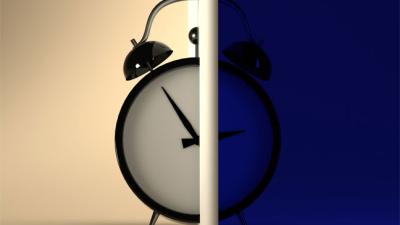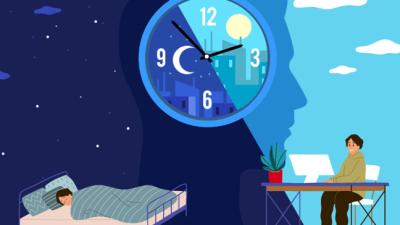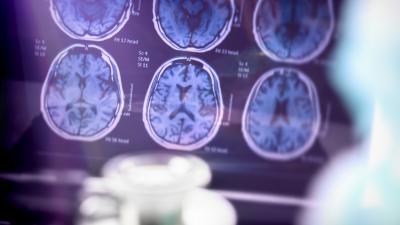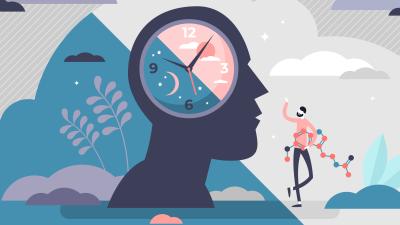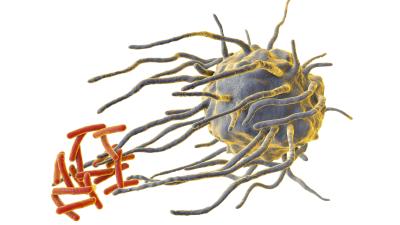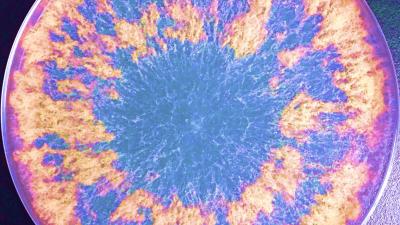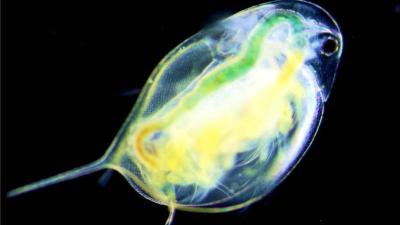Rensselaer Researcher Sheds New Light on Circadian Rhythms
Circadian clocks, which drive circadian rhythms, are entwined with many essential systems in living things including plants, fungi, insects, and even humans. Because of this, disruptions to our circadian clocks are linked to higher disease rates in humans, including certain cancers and autoimmune diseases. Rensselaer Polytechnic Institute’s Jennifer Hurley, Ph.D., Richard Baruch M.D. Career Development Chair and Associate Department Head of Biological Sciences, has dedicated her career to understanding the mechanisms that allow our circadian clocks to keep time.
Unraveling the Secrets of This Weird Beetle’s 48-Hour Clock
RPI To Host Panel on Sleep and Your Health April 16
We all know how a bad night’s sleep can affect how we feel. In fact, the disruption of our sleep has been implicated at many levels of human disease, including cancer, diabetes, heart disease, and disorders associated with aging.
Clearance of Protein Linked to Alzheimer’s Controlled by Circadian Cycle
The brain’s ability to clear a protein closely linked to Alzheimer’s disease is tied to our circadian cycle, according to research published today in PLOS Genetics.
Tracking How the Environment Influences Circadian Rhythms
Having challenged the idea that our environment cannot alter our genetically controlled 24-hour sleep-wake cycle, circadian rhythm researcher Jennifer Hurley has embarked on a new project tracing the mechanism between environmental signals and the circadian clock.
Immune System Killer Cells Controlled by Circadian Rhythms
An analysis of an exhaustive dataset on cells essential to the mammalian immune system shows that our ability to fight disease may rely more heavily on daily circadian cycles than previously assumed.
New Findings and Approaches Emerge from Remote Investigation
TROY, N.Y. — On a typical April day, Jackie Pelham would spend most of her time in a lab coat and goggles. Working at a laboratory bench, she would examine proteins found in the body. But lately, Pelham has traded her lab coat for a laptop and her lab bench for a desk in her home. Rather than observing biochemical processes, she is poring over previously collected data. Somewhat unexpectedly, even to her, Pelham sees this temporary trade-off as an opportunity.
Research Focuses on a New Frontier in Circadian Rhythms
A new frontier in the science of circadian rhythms – whose disruption is linked to major diseases like cancer and diabetes – suggests a previously unknown mechanism at work in our daily biological cycle.
Can Environmental Toxins Disrupt the Biological “Clock”?
Can environmental toxins disrupt circadian rhythms – the biological “clock” whose disturbance is linked to chronic inflammation and a host of human disorders? New research findings puts question squarely on the table.
